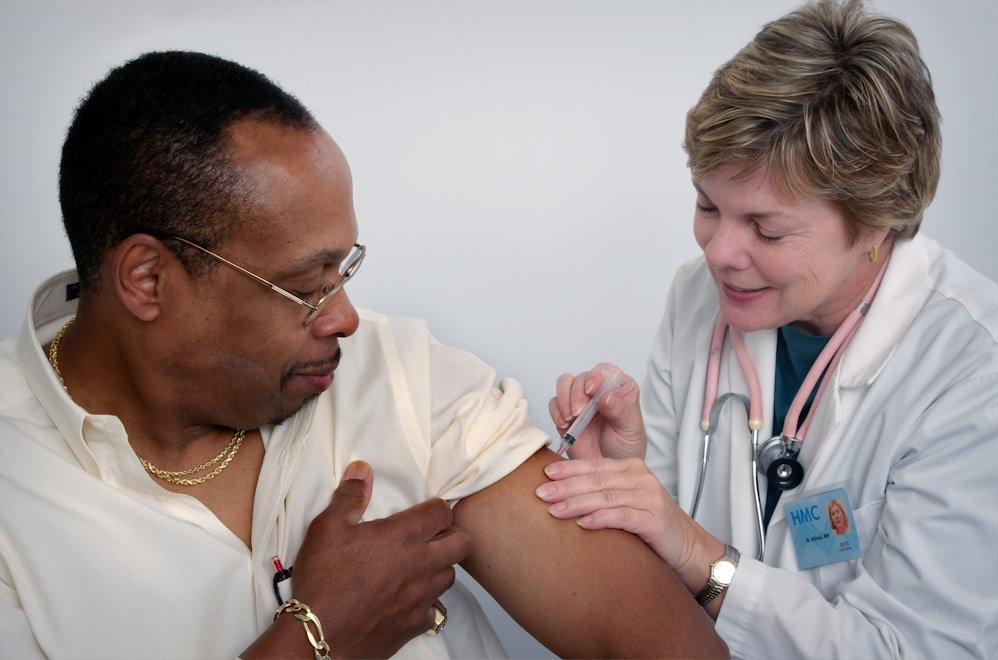Expert Market Research and Consulting Services
Navigate change with our strategic insights and analytics.
Our Services
Let’s Create Awesome Market Research Reports With Us
Helping businesses across the world grow with an efficient market research and strategy!
Industry Reports
Comprehensive market reports tailored to specific industries...
Data Analytics
Cutting-edge data analytics tools and methodologies....
Consulting Services
Strategic consulting services offering expert guidance....
Custom Research
We offer custom research proposal to cater your needs to fullest..
Featured Market Research Projects
Our Case Studies
The impact of DPI Research’s services can be illustrated through several notable case studies.
Healthcare
A leading healthcare organisation leveraged DPI Research’s insights to identify emerging trends in digital health, thereby enabling them to launch a successful telemedicine platform
Marketing
Sed efficitur faucibus
Web Development
Dapibus curabitur
Consumer Goods
A renowned consumer goods company used DPI Research’s market analysis to refine its product development strategy, resulting in a substantial increase in market share.
Brand Identity
Lacus vel
Brand Identity
Sit dapibus auctor
Testimonials
What Our Client’s Say
Here’s what our Amazing Clients have to say till now.

Sophia Lee
DPI Research provided us with invaluable insights that transformed our business strategy. Their expertise in market analysis is unmatched, making our decision-making process much smoother.

John Smith
I highly recommend DPI Research to any organization seeking reliable market research solutions. Their expertise is unmatched in the industry




Have a Custom Research Project in Mind?
Sometimes it is not feasible to find one single report that meets all of your detailed needs. In those cases. We offer custom research proposal to cater your needs to fullest.
Insightful Articles
Keep up to date with our mission. Begin reading our blog now. We have a wide ranges of news and articles.

U.S Influenza Vaccine Market Worth $9.66 billion at a CAGR of 8% By 2033
United States Influenza Vaccine Market Size and Industry Growth Trends The influenza vaccines market in the United States has experienced…

The Future of NIPT Test: How Technological Advancement and Insurance Coverage will Shape U.S Non-Invasive Prenatal Testing Market
By offering precise genetic information without requiring intrusive procedures, Non-intrusive Prenatal Testing (NIPT) is revolutionizing prenatal treatment. The U.S.…


